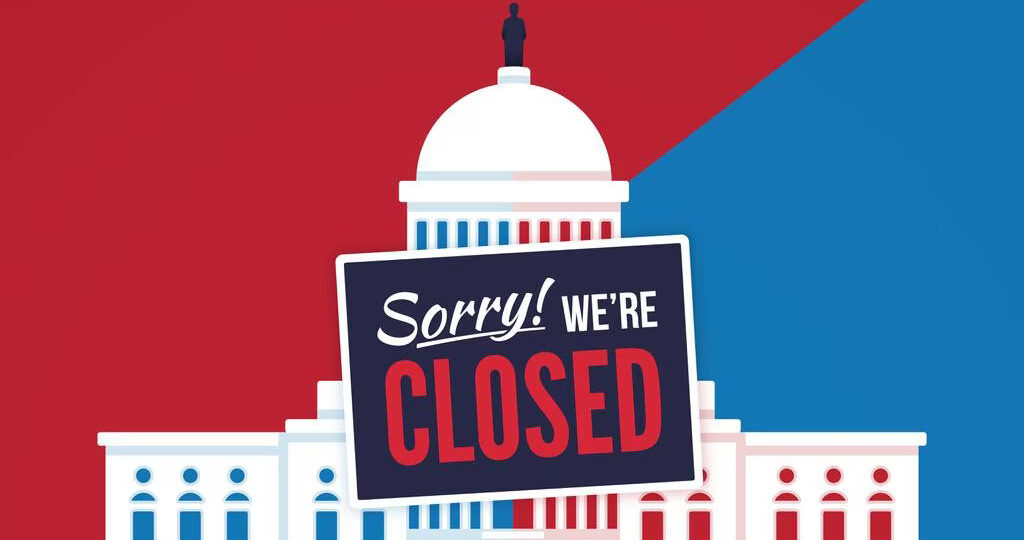The Senate passed an 88-9 stopgap spending bill, also known as a continuing resolution, to avoid a federal government shutdown on Sept. 30. It was also supported with strong bipartisan support in the House with a vote of 335 to 91. This bill provides funding to federal agencies after it was set to run out before the next fiscal year.
President Joe Biden made a statement on the social media platform X, formerly known as Twitter, shortly after signing the bill.
“I just signed a law to keep the government open for 47 days. There’s plenty of time to pass Government funding bills for the next fiscal year, and I strongly urge Congress to get to work right away. The American people expect their government to work. Let’s make sure it does,” Biden said.
According to an article by David Wessel published on the Brookings Institution website, “Under the Antideficiency Act, federal agencies cannot spend or obligate any money without an appropriation from Congress. When Congress fails to enact the 12 annual appropriation bills, federal agencies must cease all non-essential functions until Congress acts. This is known as a government shutdown.”
If a government shutdown were to occur, many federal employees would be told not to report to work. However, under a 2019 law known as the Government Employee Fair Treatment Act, they will receive pay following the shutdown.
Government employees who provide what is deemed as “essential services”, such as law enforcement and air traffic control, will continue to work but won’t receive pay until Congress takes action to end the shutdown.
Benefit programs such as Social Security and Medicare will not be interrupted because they are authorized by Congressional laws that do not need annual fiscal approval.
In a 1981 opinion by then-Attorney General Benjamin Civiletti, the president will continue to exercise his constitutional responsibilities during a government shutdown. Judges and other respective members of Congress can stay on the job even if the bills that fund them lapse.
According to the Administrative Office of the U.S. Courts, federal courts will continue to operate by drawing on past fees they have collected and also by delaying “non-mission critical expenses, such as new hires, non-case related travel, and certain contracts.” In the case that the shutdown is prolonged and those funds are spent, the courts say they will continue work that supports their constitutional powers.
The Congressional Research Service said, “Due to their constitutional responsibilities and a permanent appropriation for congressional pay, members of Congress are not subject to furlough.”
The possibility of a government shutdown began in June when Congress and President Joe Biden signed the Fiscal Responsibility Act, which lifted the cap on federal debt until Jan. 2025 and set limits on annual appropriated spending. This would determine the overall size of appropriations bills.
Congress planned to pass 12 bills that would not exceed the defined levels specified by the Fiscal Responsibility Act. The Senate Appropriations Committee has followed that path by passing all 12 appropriations bills with bipartisan support.
Issues arose when House Republicans did not agree with the agreement former Speaker of the House Kevin McCarthy struck with the White House. They wanted to spend less than the amount specified in the Fiscal Responsibility Act.
The White House reported that according to the Statement of Administration Policy H.R. 4368, President Biden would veto the appropriations bills that are pending in the House. The House bill also included provisions on healthcare for transgender people, abortions, contraception and the regulation of tobacco.
Because these appropriations are unlikely to pass in the Senate, a conference committee is likely. In that case, the House and the Senate will work towards a compromise on the suggested allocations.
The federal government is still trying to find a solution before the Nov. 17 deadline.




